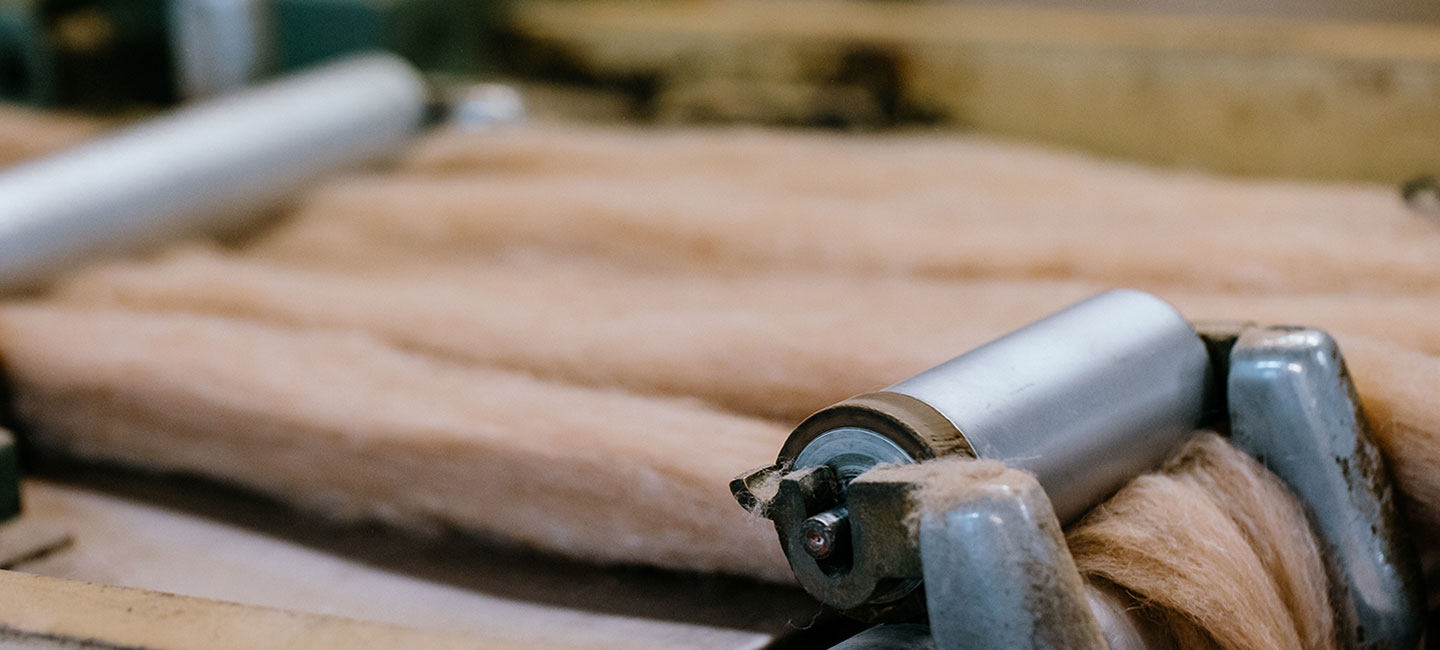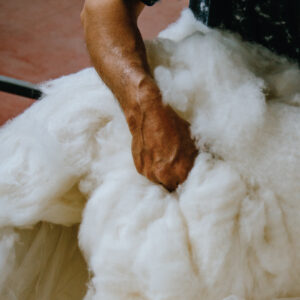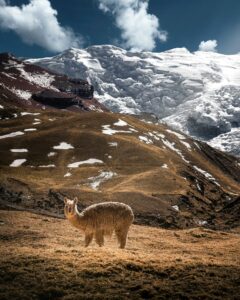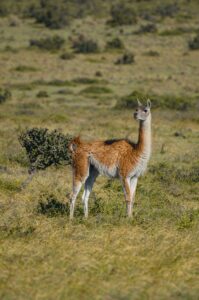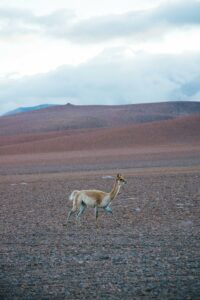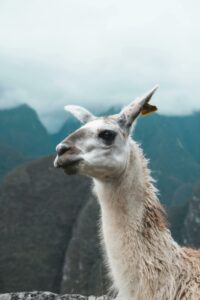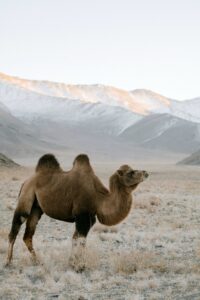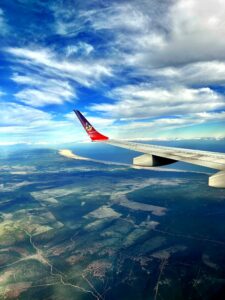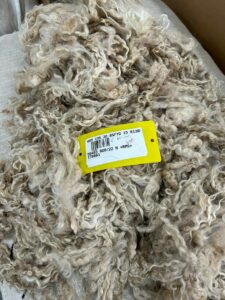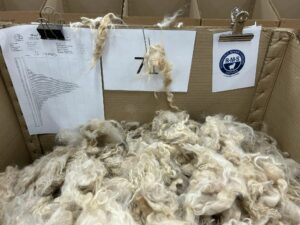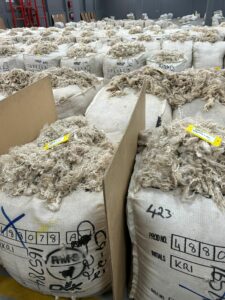SFA Cashmere Standard
What is the SFA Cashmere Standard?
Seal International are proudly certified to the Sustainable Fibre Alliance, SFA Cashmere Standard. This certification signifies a commitment to responsible, and sustainable practices throughout our production of cashmere, and the farmers that rear the goats.
This certification ensures that the cashmere is sourced from farms that prioritise animal welfare, environmental conservation, and the well-being of local communities. The SFA Cashmere Standard focuses on promoting sustainable grazing practices to prevent land degradation, ensuring that the delicate ecosystems where cashmere goats graze are preserved for future generations.
Additionally, the standard emphasises the ethical treatment of the goats, ensuring they are provided with proper care, nutrition, and living conditions. By adhering to the SFA Cashmere Standard, producers demonstrate their dedication to transparency, traceability, and social responsibility, providing consumers with assurance that they are purchasing cashmere that has been reared in an environmentally and socially conscious manner.
Why is being SFA Cashmere Standard certified important?
Being SFA (Sustainable Fibre Alliance) certified is important for several reasons:
- Environmental Sustainability
The SFA certification ensure that the production of cashmere adheres to sustainable grazing practices. This helps prevent overgrazing, soil erosion, and degradation of the land, preserving ecosystems and biodiversity.
- Animal Welfare
The SFA standard prioritises the ethical treatment and welfare of cashmere goats, ensuring that they are provided with appropriate care, nutrition, and living conditions, promoting their health and well-being.
- Traceability and Transparency
The SFA certification provides a transparent and traceable supply chain, this allows customers to have confidence in the origin of the cashmere they purchase. This promotes accountability and trust.
- Social Responsibility
The SFA standard emphasises fair labour practices and the well-being of local communities. It encourages producers to engage with and support local communities, promoting economic development and social equity.
- Customer Confidence
Being SFA certified enhances our reputation and credibility, assuring customers that the cashmere they buy is environmentally sustainable and ethically responsible.
The SFA certification plays a vital role in promoting responsible and sustainable practices throughout the cashmere supply chain, benefiting the environment, animals, producers, and consumers alike.
Please feel free to contact us if you would like to find out more.


